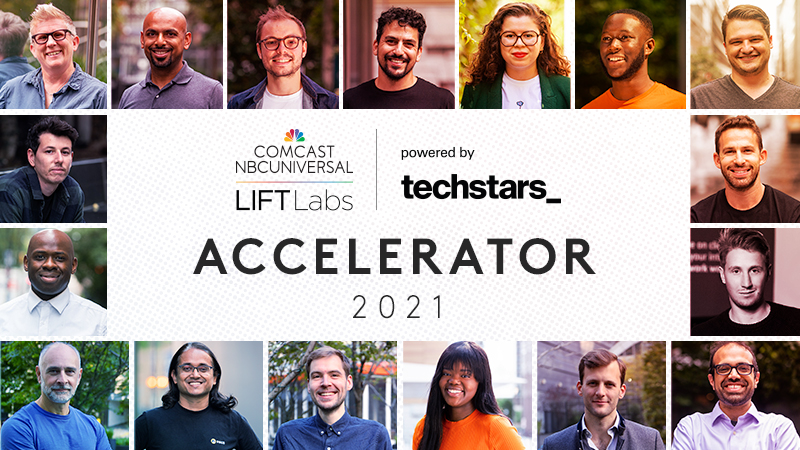From SEO to GEO: How Profound Helps Companies Stay Visible in AI Search
From SEO to GEO: How Profound Helps Companies Stay Visible in AI Search
January 28, 2026
» SIGN-UP and be the first to learn about new events
and exclusive tips from founders and funders.
